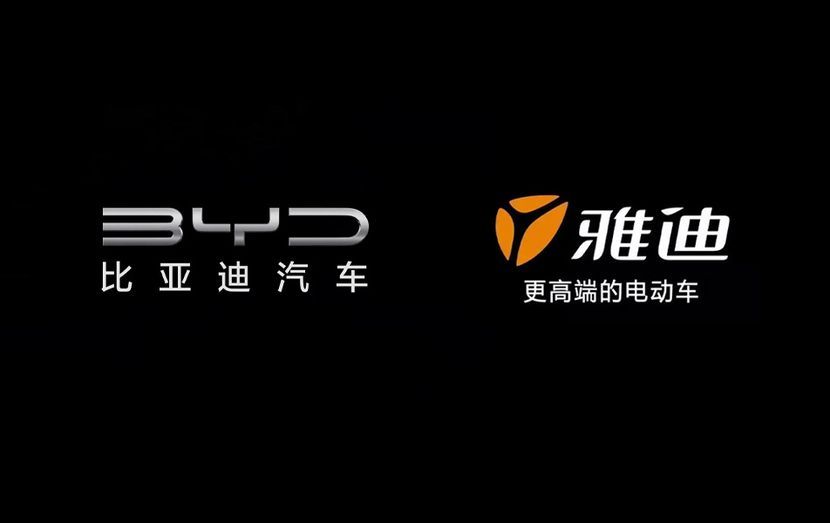Boss says: Why BYD and Yadi both chose Indonesia

What is the significance behind the fact that BYD and Yadi, two of China's leading EV companies, both chose to land a factory in Indonesia in May? Let's take a closer look at this topic:
First of all, as the fourth largest consumer market in the world, Indonesia has a population of about 280 million and a per capita GDP of 5,000 USD, showing huge potential for automobile and motorcycle consumption. Indonesia sells about one million cars per year, with a retention rate of 29 million units, while the annual sales of motorcycles are as high as five million units, with a retention rate of 130 million units. However, over the past four decades, Indonesia's automobile and motorcycle markets have been almost monopolized by Japanese brands, with Japanese companies dominating both the production of spare parts and the entire vehicle market and consumer channels. Although Wuling and Dongfeng Xiaokang have set up factories in Indonesia since 2015, it is extremely difficult to gain a foothold in this market where Japanese brands are entrenched.
Secondly, in 2019, the Indonesian government issued Presidential Decree No. 55, which aims to promote the development of the electric vehicle industry.In March 2023, the Indonesian government introduced a fiscal subsidy policy for electric vehicles.For automobile manufacturers that have set up factories in Indonesia and have a localized production value of more than TKDN 40%, electric vehicles are entitled to a subsidy of between TKDN 251 and TKDN 801, with the value-added tax (VAT) reduced from TKDN 111 to 11 TP3T; while electric motorcycles will enjoy a subsidy of Rp7 million per unit, which is expected to last until the end of 2025. This series of favorable policies has attracted China's top electric vehicle companies, including BYD and Yadi, to invest and build factories in Indonesia.
Finally, Indonesia has rich nickel resources, reserves of about 21 million tons, accounting for 24% of global reserves, ranking first in the world. The Indonesian government hopes to take advantage of this resource to build a whole industrial chain covering from upstream battery raw materials and production to downstream EV manufacturing, with the intention of turning Indonesia into an EV manufacturing center in ASEAN.

